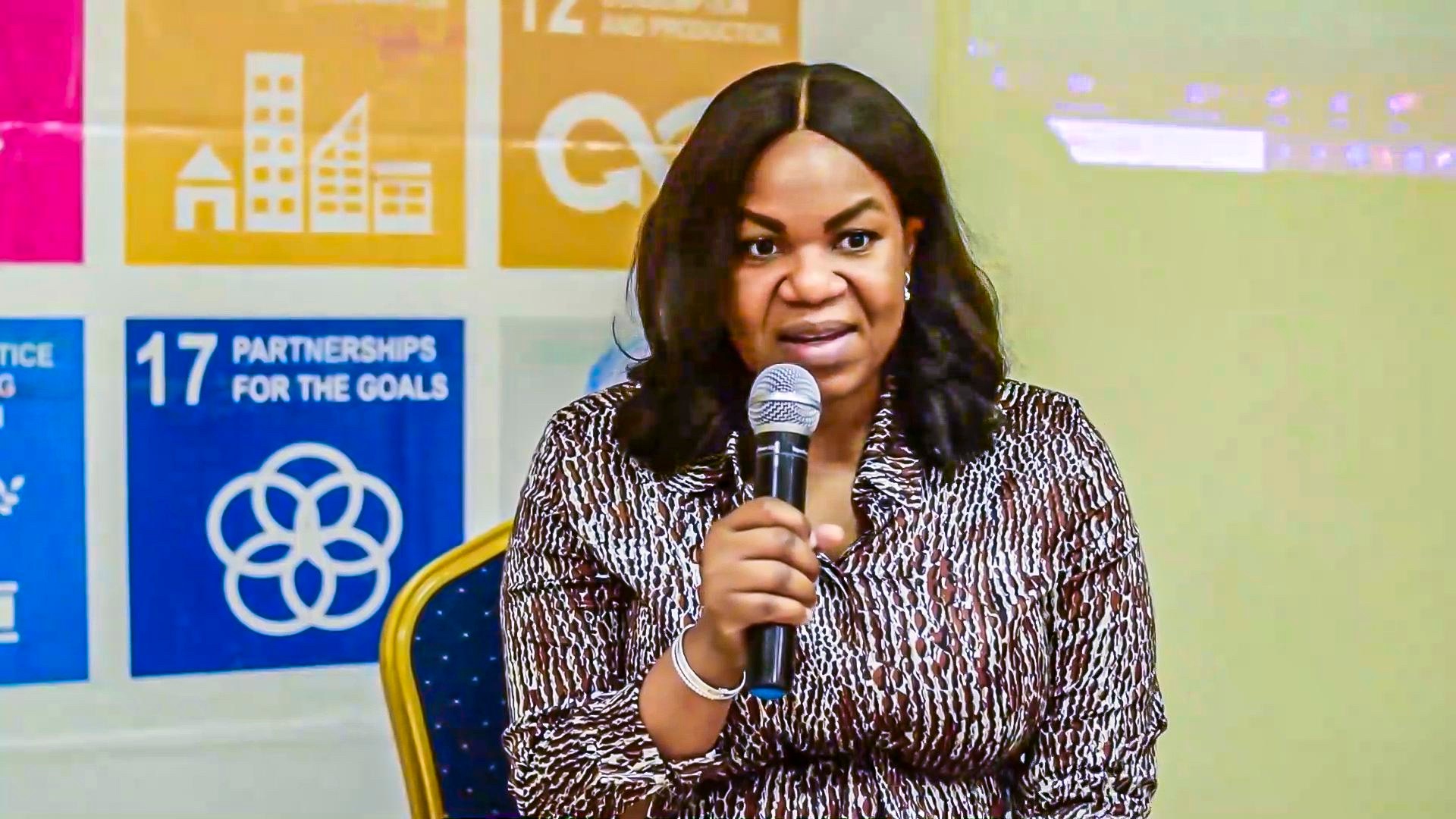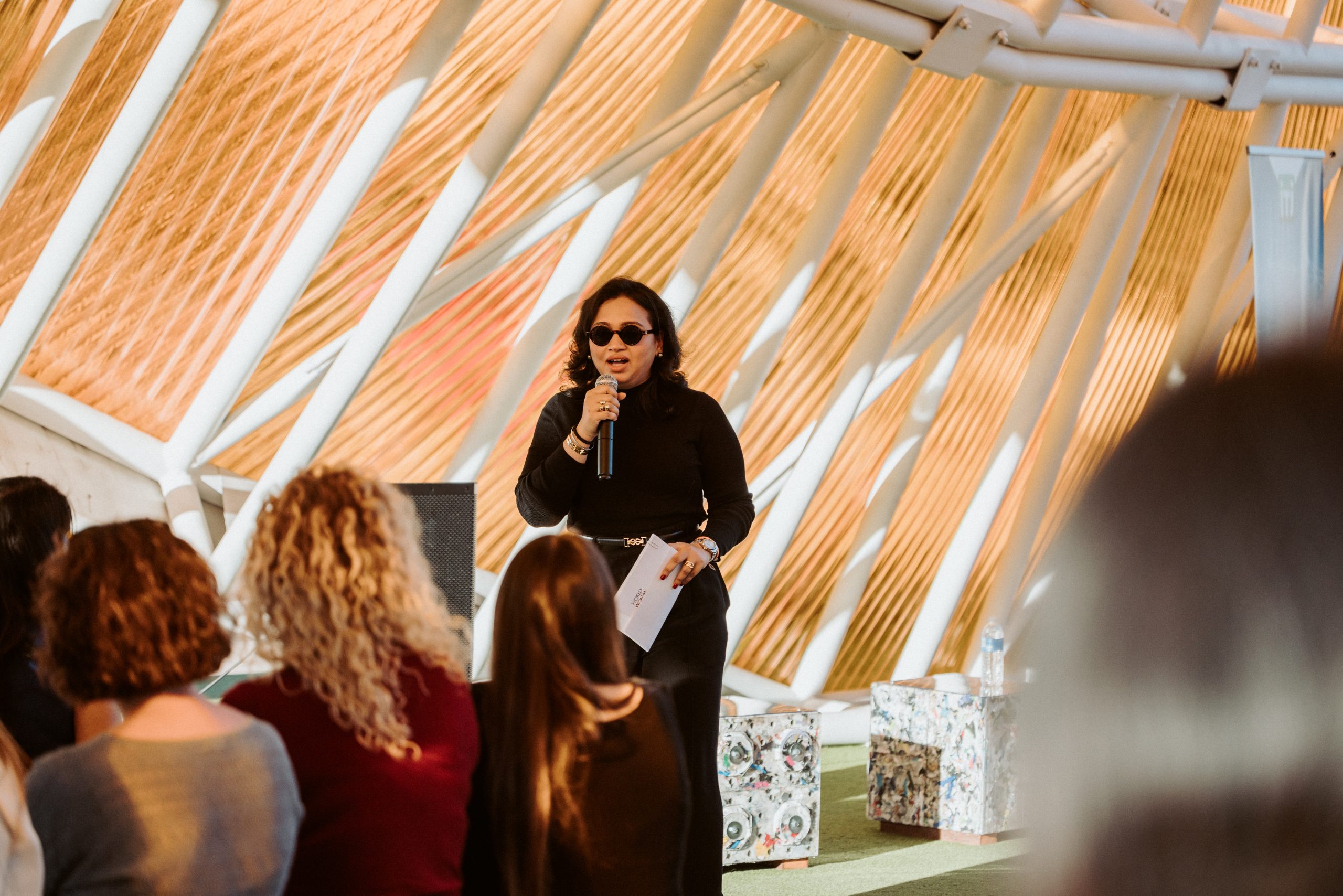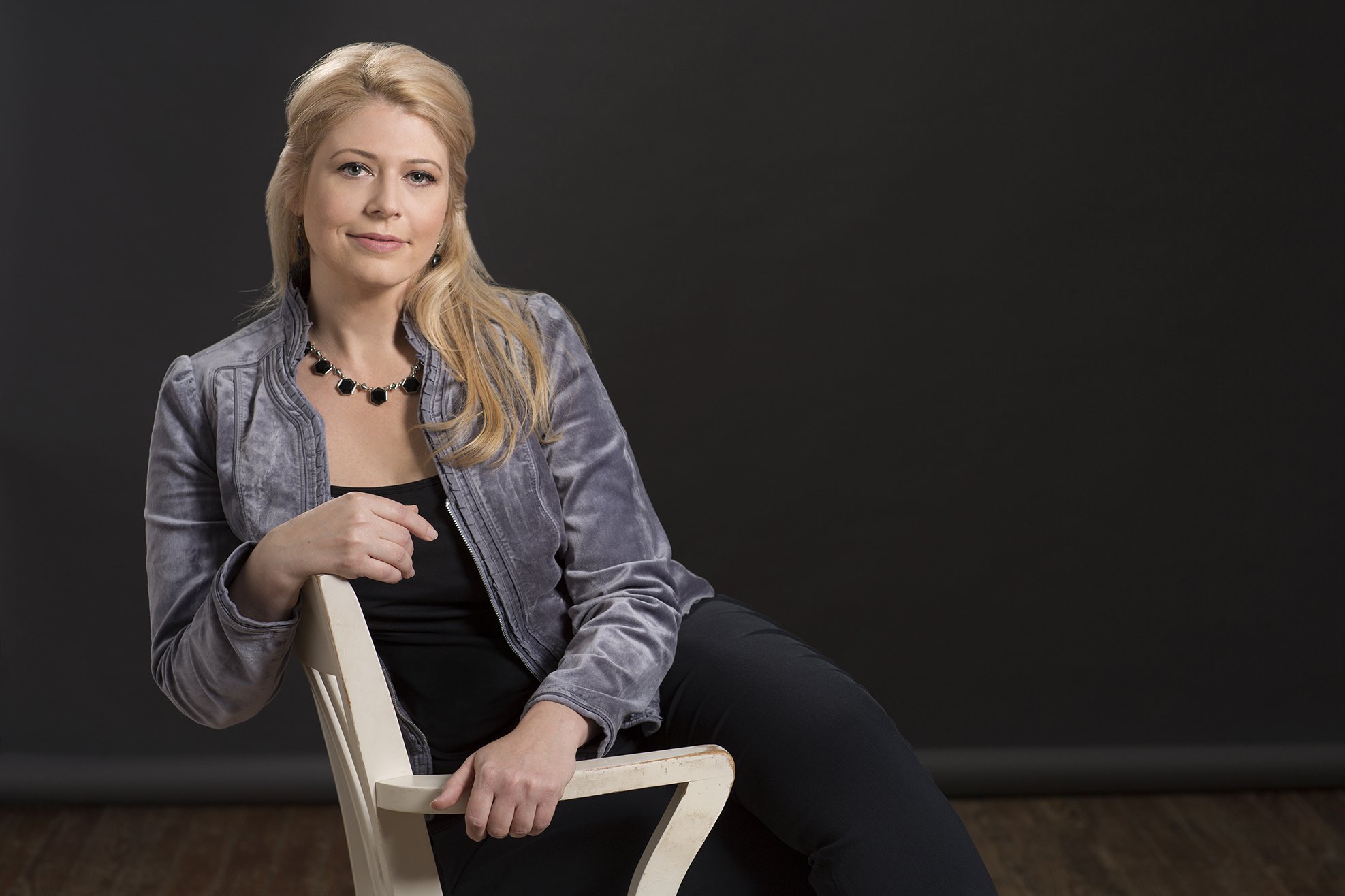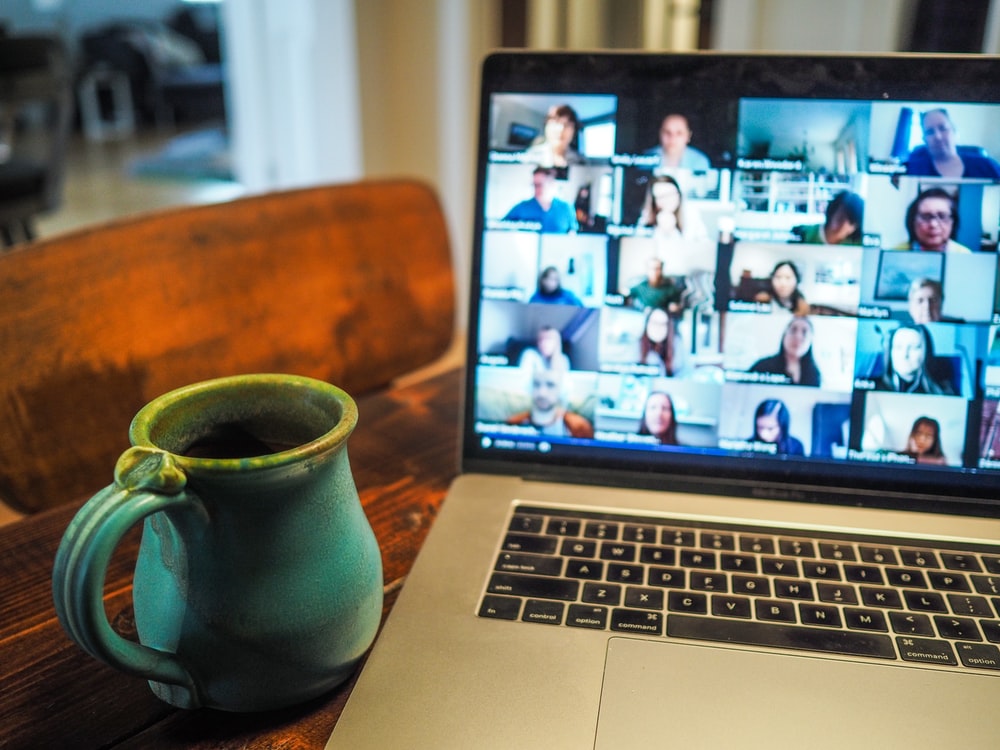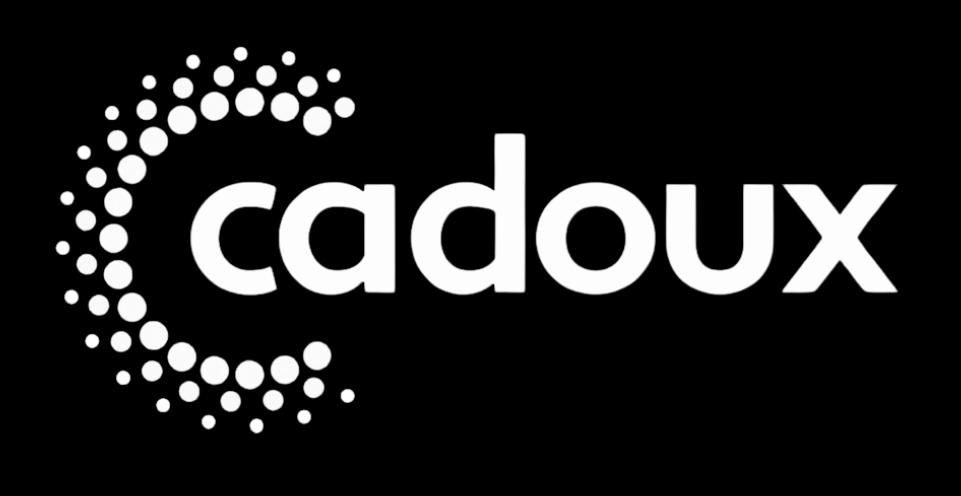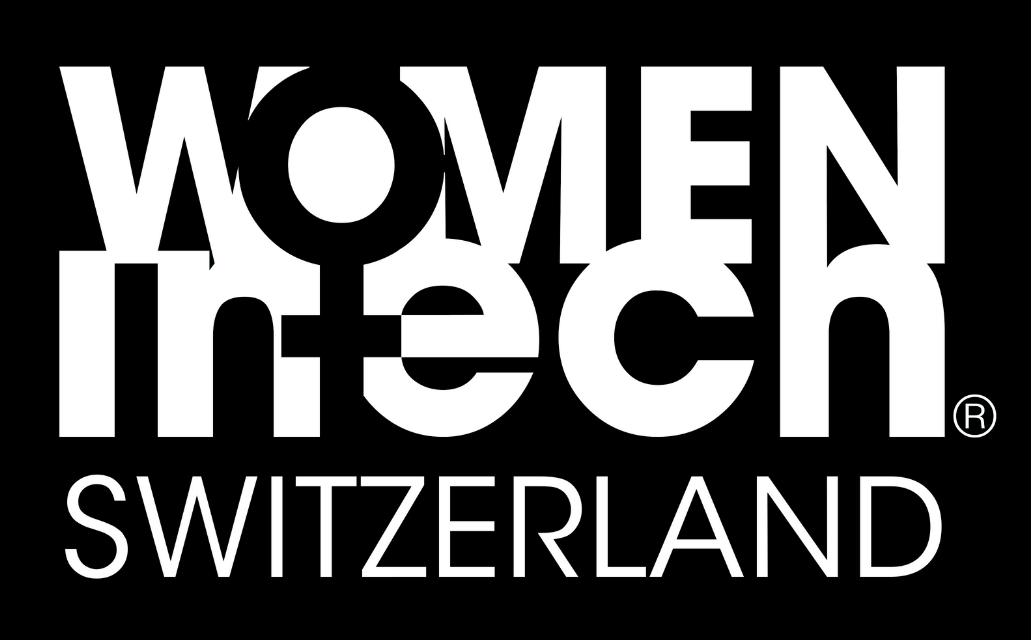World Woman Hour recognizes an extraordinary woman for leading global change in a vital issue area. Damilola Ogunbiyi is the CEO of Sustainable Energy for All (SEforALL), an action group formed by the United Nations. Her mission is a big one. SEforALL aims to get governments, businesses, and nonprofits around the world working together to meet the U.N.’s Sustainable Development Goal #7: providing “affordable, reliable, sustainable and modern energy for all” by the year 2030.
At present, as Damilola points out, about 760 million people—one-tenth of us worldwide—have no regular access to electricity at all. They are held back in every respect, without the opportunities or the healthier, fuller lives that many enjoy. In a related problem, even more people—about 2.6 billion, particularly women—aren’t able to practice “clean cooking.” They prepare meals over fires made by burning whatever is at hand, often inhaling toxic smoke that damages their health and leads to early mortality. And yet another challenge is providing uninterrupted power to places that are on local electric grids. In many developing countries, power outages are frequent. Damilola has worked to assure that key institutions, like hospitals, can keep running reliably.
Damilola’s home country is Nigeria: the largest in Africa and, as she noted, the country with the world’s largest “energy access gap.” After studying at the University of Brighton in England and starting a career in construction management, she returned to Nigeria to concentrate on energy. She was the first woman to head the Lagos State Electricity Board and then moved up to the national government, becoming the first woman to direct Nigeria’s Rural Electrification Agency. Her successes prompted the U.N. to come calling; she was named CEO of SEforALL in 2020.
In Damilola’s interview with World Woman Hour, she conveyed a mixture of intense passion and calm, friendly personal focus that often marks a true leader. Here are the highlights.
Q: In your journey so far, Damilola, have you seen yourself as a standard-bearer for women and girls in developing countries?
Damilola Ogonbiyi: Very much. I have wanted to show a different aesthetic of what an African woman can bring to the table. I want to encourage African girls who might not have had the upbringing and the opportunities that I was privileged to have, and more importantly, to showcase what hard work can get you.
Q: Now, could you tell us more about your work with energy issues at SEforALL?
Damilola: We try to make the point that lack of energy is not just an inconvenience. Energy is life itself. Most of us have never grown up without it, so we take it for granted. Some people have panic attacks when their phone dies, but try switching off everything—no heating, no water, nothing—and see what life is like. We’re talking about not being able to live a dignified life. And it’s more than that.
Once, in Nigeria, I had just done a project where we gave [uninterrupted] electrical power to a baby hospital in Lagos State. When I came for a follow-up, I expected them to say, you know, “It’s great to have electricity so we can work longer.” But a nurse said, “Do you understand what you’ve done? If the power cuts out during an operation, it only takes seven seconds for the mother or baby or both to die.”
Maybe you never related energy access to infant mortality, to saving people’s lives, yet that’s what we’re trying to do. So the point is that energy is not a nice-to-have. It’s a difference between life and death for millions of people.
The other issue is not having access to clean cooking. We’ll say “Yeah, indoor pollution is bad,” but it is killing 4 million African women every single year. And it’s still not seen as a crisis. So those are the types of things that really get me, that really motivates me.
Q: What are the solutions to these problems?
Damilola: There are three main parts. The first is a policy and regulatory framework that allows you to use clean energy resources, decentralized energy, to provide power to everybody within a country. But that cannot be achieved if you don’t have enough money. So we need an incredible amount of money worldwide, not as much as what was used for Covid, but in the region of hundreds of billions of dollars going into solving this problem. And then, just the political will for countries to come together and do it.
We have the [technical] solutions. We have solar and wind technology; we have the battery technology right now. We don’t have to wait for hydrogen and all these new, exciting projects. They will come and they will reduce pricing and increase innovation. But we already have the tools to provide everybody universal access by 2030. We just have to do it, if we want to achieve our climate goals by 2050.
And it’s not only about providing energy. It’s what the energy will be used for. It really is the fastest way of getting people out of poverty; we’ve seen it firsthand. So I’m truly excited about what will happen when this program starts making headway. People have started taking notice that it’s not just an energy problem; it’s a health problem; it is a food problem. Energy is at the heart of everything we do. So it’s important that different sectors come together and say “How do we learn from each other to resolve this?” The political powers in many countries need to put this at the top of the agenda, so they can not only achieve energy for all, but also achieve their agricultural goals, their health goals, and generally have healthier people and a healthier generation.
Q: Let’s talk about personal and career issues. Do you have any specific advice for young women who are starting, or thinking about starting, a very ambitious career like yours?
Damilola: Be careful of your support system. Make sure the people around you really support you. And if you’re thinking about marriage, make sure that you’re marrying for the person you want to become, not the person you are at that time.
I say this sincerely. I have moved halfway around the world to do my work, and it would be wrong for me to make it seem like I’m always happy and everything is always together. That’s not how it is at all. There are times when it’s a really lonely role. It’s very important to have a good support system to keep you going in times when it can get to you and you wonder “Why aren’t people understanding?” I wouldn’t be able to give it 100% without my support system, especially my husband and my children. They have been amazing.
Q: In terms of developing one’s own qualities, can you name a key personal trait that you believe has contributed to your success?
Damilola: I don’t do comfortable. If I’m not scared about something, I probably wouldn’t do it. If it’s not nerve-racking and I don’t find it a challenge, I won’t do it. It has to challenge me. All the roles that I’ve been in, it’s because they have looked impossible. And that’s what has gotten me through them—knowing that there are a lot easier roles in life, but it’s very hard to see myself being anywhere near them.
Q: Could you share what you’ve learned about dealing with setbacks and failures?
Damilola: I think it’s important to be OK with not being OK. That’s a cliche, but it’s important to realize that you’re not going to know everything, and to not get down on yourself. We women, by default, are very hard on ourselves. I’m extremely that way, and it’s not always necessary or constructive. You just have to take the lessons learned. Even with some big, heart-wrenching things that have happened to me in my career, I need to take them as lessons and think, how am I going to improve?
I’ve also had to learn about listening to and understanding the person I’m speaking to, instead of assuming that they don’t know much and I need to tell them everything about energy. It’s important for me to say “Look, what point of view are you coming from? I want to know what you are interested in.” Then I can change my approach to suit that.
Q: What can be done to bring more women into a field like yours, at higher-level positions?
Damilola: As women, we have to actually support other women in who we hire, who we mentor, and how we bring people across. I’ve met some women I was hoping would be mentors and they haven’t been. If anything, they have hindered growth because they wanted to be the only one on top. That was very disappointing for me, and it is why I’ve always made the effort, because I want other women around me.
Also, it’s a responsibility for the other women that we bring up not to mess up, so we don’t look bad. I think it’s important that we explain that to each other—that you’re getting an opportunity, but it is also a big responsibility.
Q: What does leadership mean to you?
Damilola: Leading, to me, is about challenging yourself, about getting outside your comfort zone. It’s about showing people what you can offer to the world and not being afraid to show them. Sometimes you might succeed and sometimes fail, but all the lessons come together to make you a better person.

